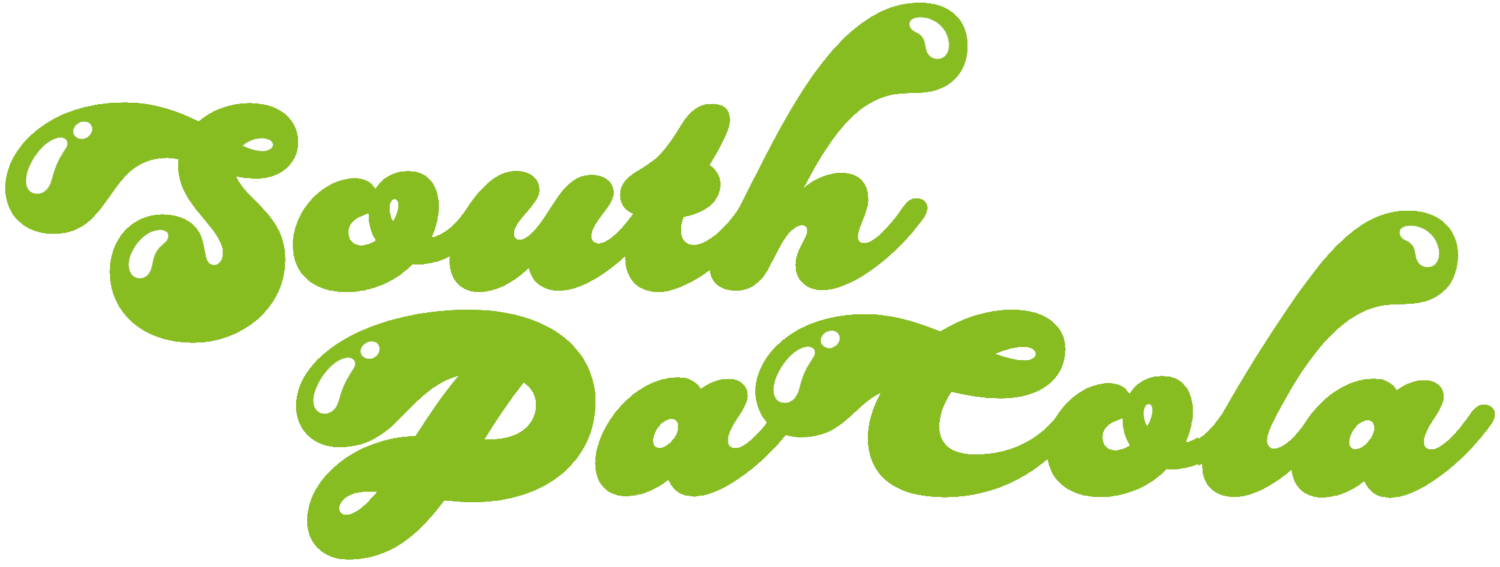So the School District couldn’t say a damn thing at Monday night’s board meeting, but seem to sing like a canary once the cameras are off. They are proposing to run the election, in which we will be asked to bond well over $300 million dollars, using super precincts or vote centers.
While I am not a fan of vote centers, they CAN work if you work them correctly. Unfortunately, this is NOT the scenario we want. Why?
First, the obvious. This is a lot of money. We should open this election to the entire community at ALL precincts and we should put it in with the general election. Having a special election in the middle of September with only a handful of precincts guarantees a very low voter turnout. The school district argues they must have their levees and budget set by September 30. Poppycock, they can amend the budget and levees at any time and have admitted this already on KSOO and in the Argus Leader.
Second, Bev Chase with the School District, who will be running this election, has a terrible record on running elections. They should be contracting with the county to handle this. Last time she ran a stand alone election in 2017 there was a myriad of problems, absentee voting was locked up when she was on lunch break, many people who voted were not reported to the SOS data base that they voted in the election (I have had at least 3 voters tell me this), there were NO precincts in the entire northern part of the city.
Third, we have no idea what kind of E-Poll book they will be using and who will be running the software. This could open the election up to tampering, hacking, and voter fraud. If the software does not work correctly, people could vote multiple times at multiple precincts. Hart Interactive who originally created the hardware and software for E-Poll books no longer supports them. BPro tried to get them to work in the primaries and failed so miserably that the SOS said she will not allow their use in the General. So what tricks does the School District have up their sleeve?
Who will tabulate the votes? A hand count isn’t going to cut it. This needs to be tabulated and data needs to be generated so the SOS knows who voted. This is a large sum of money that will increase our taxes over the next 25-30 years, this isn’t electing some yahoo to the school board.
We have made the local chapter of the ACLU aware of these issues, some may be a violation of Federal Election laws, hopefully they will look into it.

